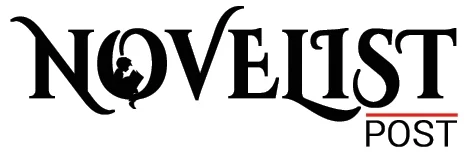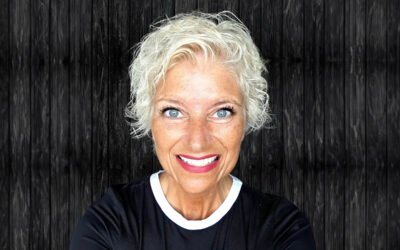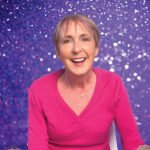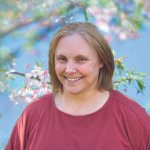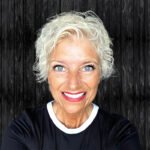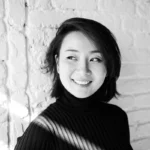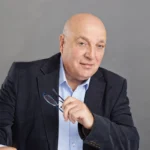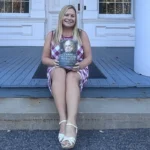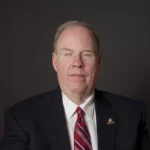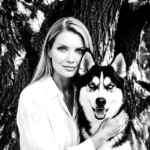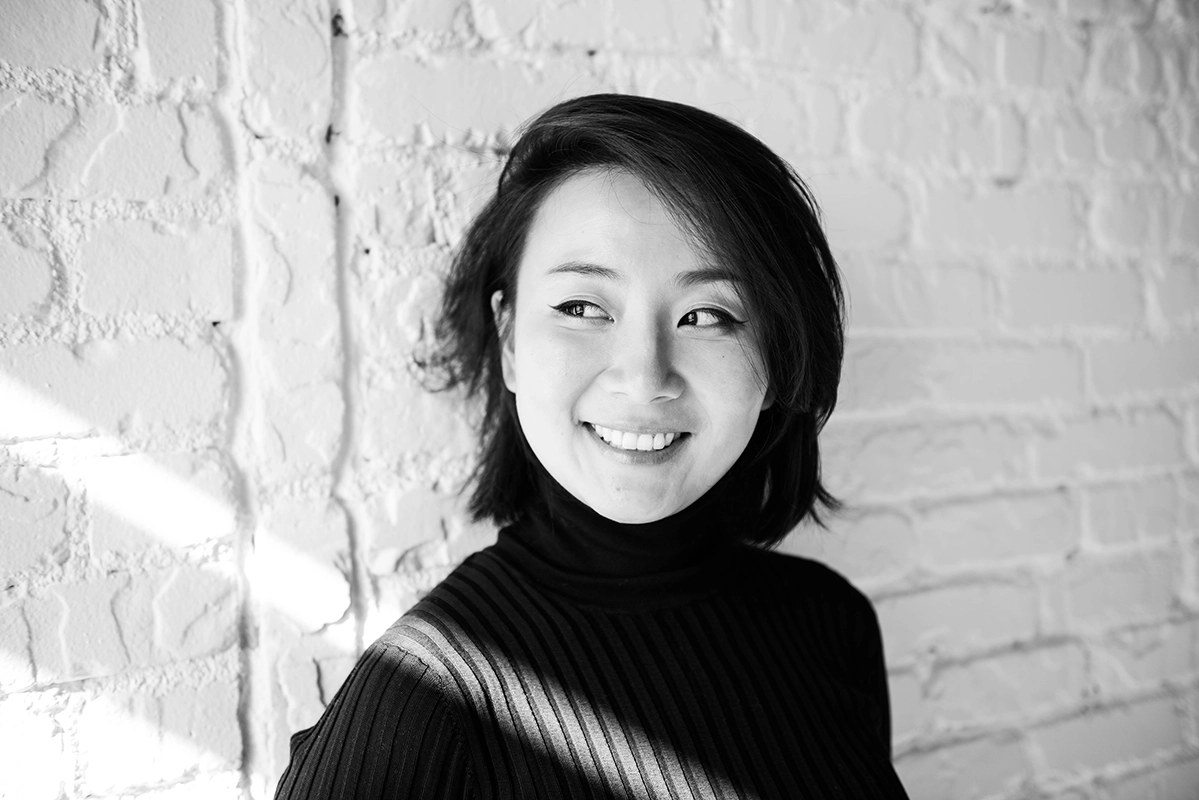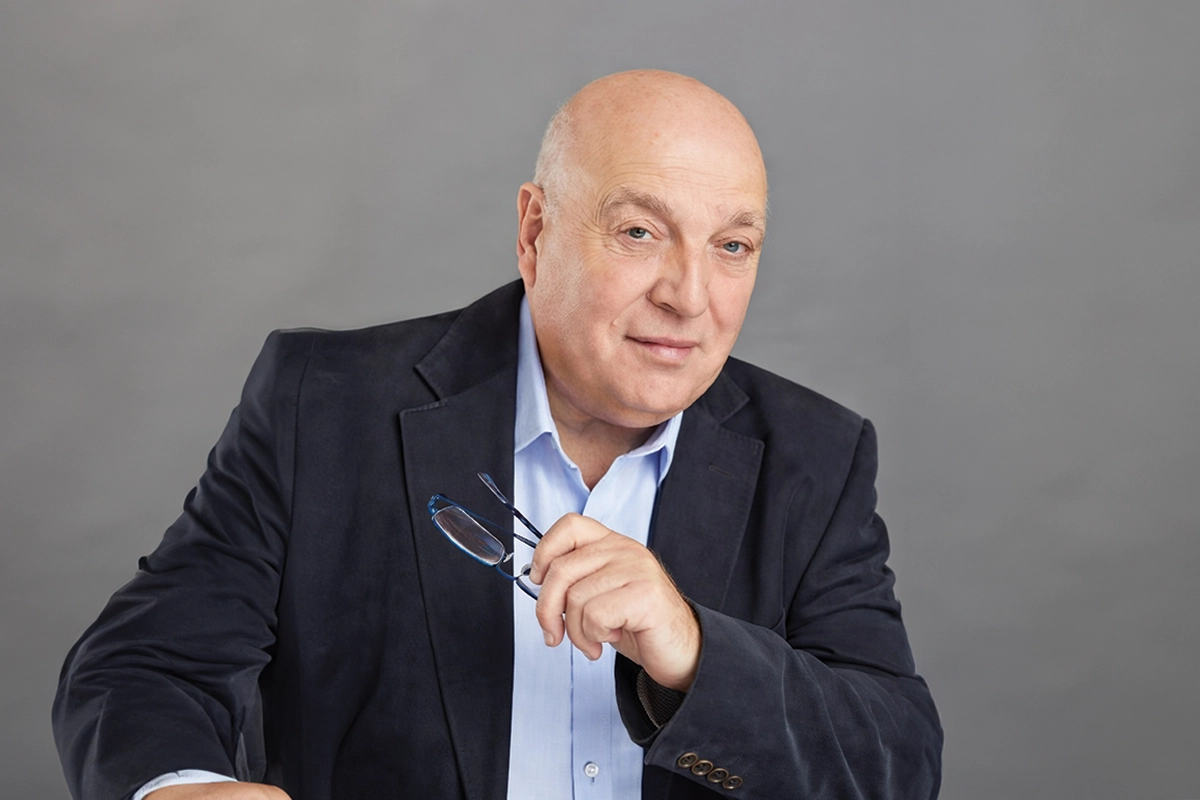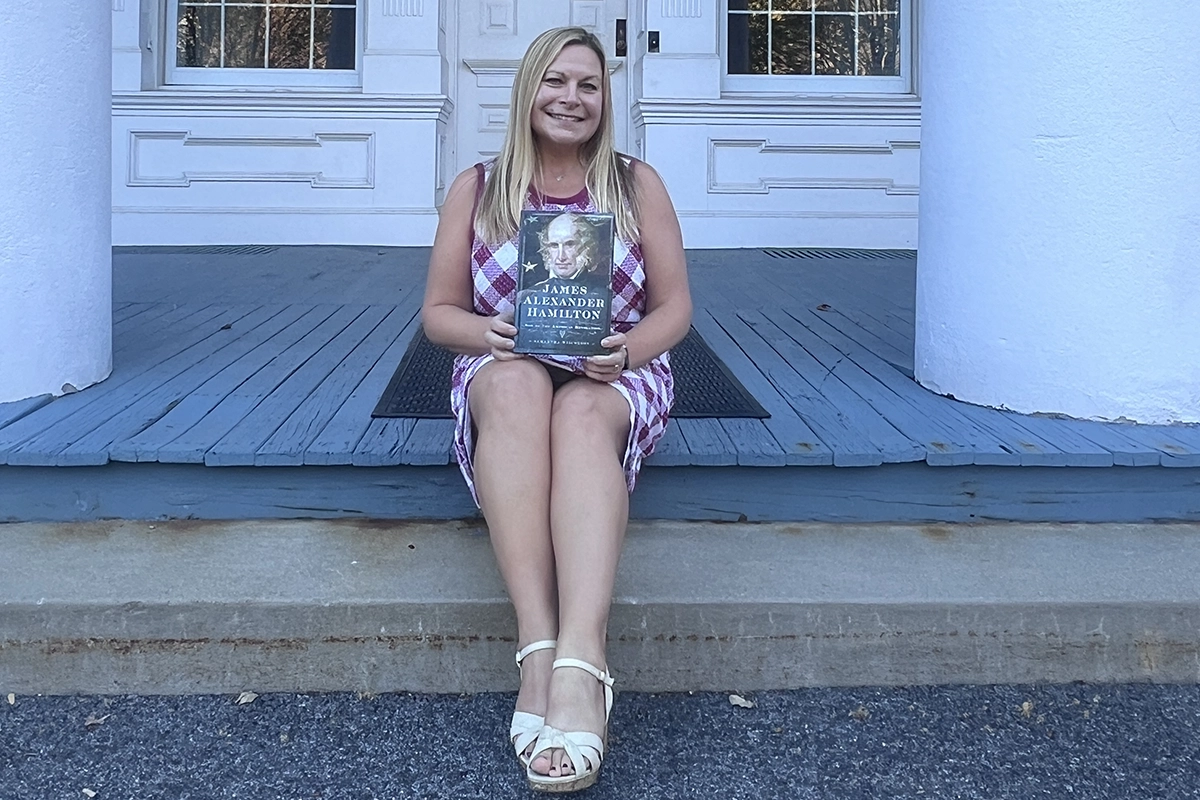Lucy V Hay Unleashes Powerful Stories Across Page and Screen
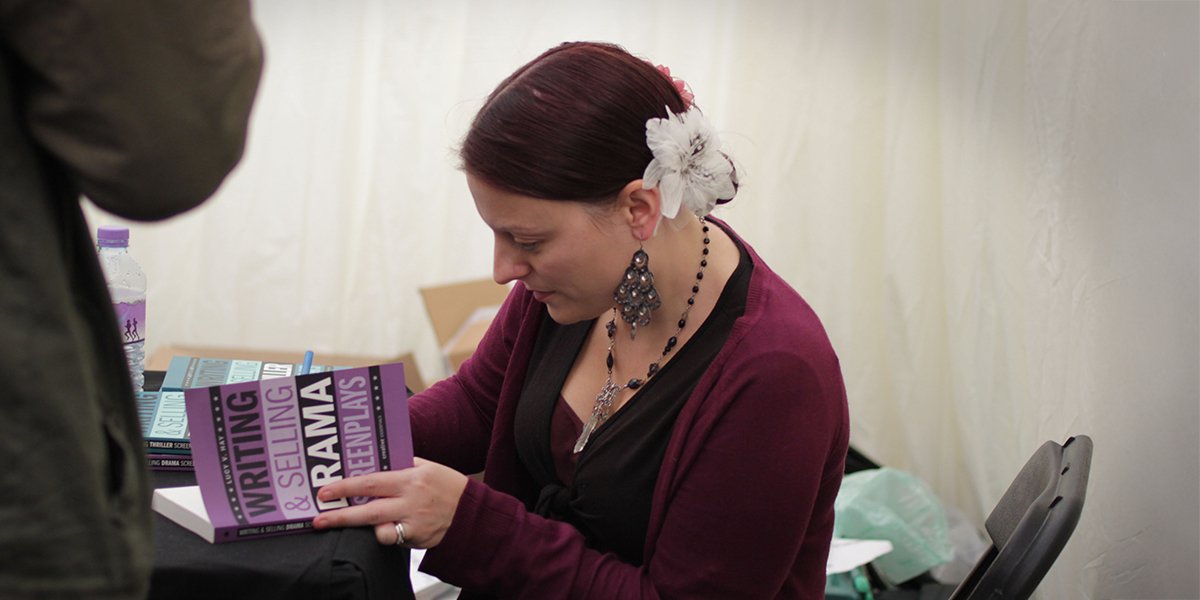
PHOTO: Author Lucy V Hay, also known as Lizzie Fry, photographed in Devon—where landscape and history inspire her gripping, thought-provoking fiction.
Dystopian Drama, Psychological Thrills, And Fierce Female Voices
Lucy V Hay discusses the inspirations behind her novels, the influence of Devon and screenwriting, writing authentic characters, and her creative evolution from psychological thrillers to dystopian fantasy under the name Lizzie Fry.
Lucy V Hay is a literary force whose storytelling brilliance spans genres, mediums, and voices. Writing under the pen name Lizzie Fry, she stunned readers with The Coven, a gripping dystopian fantasy that resonated worldwide, translated into six languages and lauded by major media outlets. Hay’s unique voice—fearless, socially aware, and emotionally raw—cuts through the noise with stories that are as thought-provoking as they are thrilling.
As both a bestselling novelist and a leading authority on screenwriting and character development, Hay brings unmatched insight into the craft of storytelling. Whether she’s delving into queer mysteries in The Other Twin, exploring the dark echoes of adolescence in Never Have I Ever, or challenging clichés in How Not to Write Female Characters, her work always reflects a deep commitment to authenticity, diversity, and emotional truth.
In this exclusive interview for Novelist Post, Lucy V Hay opens up about the inspirations behind her novels, the intersection of her screenwriting and fiction work, and how her Devon roots—and lived experience—continue to shape her compelling, genre-defying stories.
A fearless storyteller and genre pioneer, Lucy V Hay crafts unforgettable narratives rich with emotion, social insight, and unapologetic authenticity.
What initially inspired you to create the dystopian world of The Coven?
I’m a huge dystopian fiction fan; one of my favourite series of all times is The Hunger Games. I’d always wanted to write a such a storyworld of my own, plus our own reality has become more and more dystopian. Exeter is also both the first and last place to hang a witch! When I was teacher, I would often go and have my lunch near the memorial to the Bideford Witches. I’ve always been interested in witchcraft because paganism – such as the Mummers’ Hobby Horse, The Green Man, etc – was always in the background of my childhood.
In what ways did your research into historical witch hunts in Devon shape the narrative and themes of The Coven?
The UK had a right wing government at the time, plus as Trump was sworn in (the first time!) I found myself thinking about the culture wars and how the Powers That Be seek to divide and conquer the masses. Around this time I visited the Witchcraft Museum in Boscastle, Cornwall and found myself thinking about how women and other marginalised people are often the first casualties of such drives. This lead to me writing the bombastic, misogynistic US president Michael Hopkins in The Coven (his surname an obvious nod to the Witchfinder General, Matthew Hopkins). I frequently worried my character was TOO jingoistic when I was writing him, but every time I sent sections off to beta readers, the feedback was the same: ‘Still more believable than the REAL guy!’
“I’ve always been interested in witchcraft because paganism… was always in the background of my childhood.” — Lucy V Hay
What inspired you to write psychological thrillers like The Other Twin and Never Have I Ever?
I always have an autobiographical element to my novels. The Other Twin was a mix of my love of classic mystery thrillers such as Chinatown and my own experiences as part of the LGBTQ community. At the time of writing it, it struck me I’d never seen a film, TV show or novel with an inherently ‘queer mystery’, so I resolved to write one myself.
Never Have I Ever was my love letter to the 1990s. It was a strange time to grow up with lots going on in the world (good and bad). We were also the final generation of teens before phones and social media. I’ve often thought about all the reckless things we did, yet there was no evidence as long as everybody kept their mouths shut! That was my inspiration for my protagonist Sam, who did something terrible in the 1990s as a teenager.
How did your background in script editing influence your approach to writing novels?
My background as a script editor definitely influences my novel writing. As far as I am concerned, storytelling is the same regardless of medium: you need a strong premise, compelling characters and a lean plot. What’s more, the convergence of novels and screenwriting is overlapping more and more because people love adaptations. This means novels need to be visual and full of action like screenplays. I always try and write ‘word pictures’ so I can bring the story to life in the reader’s mind like a movie for them.
What was the most challenging aspect of transitioning between writing screenplays and novels?
The sheer length of manuscripts is very challenging to me. In screenwriting, you must be very economical with words. Even a movie screenplay is probably only approximately 20K words. The opposite is true in a novel – you have about four times as many words! But at the same time, you can’t waffle on either. Trying to balance it out is hard!
“I resolved to write a ‘queer mystery’ because I’d never seen one before.” — Lucy V Hay
Can you share a bit about your experience working with Free@Last TV on the adaptation of The Other Twin?
Free@Last optioned The Other Twin not long after it was published. It was a great experience, because the production company really ‘got’ the book. They were also keen for me to write the screenplay because they appreciate novelists have such a strong vision for their own story. Unfortunately, it got stuck in ‘development hell’ because of Covid, but I hope one day it will make it out the other side and onto our screens!
What drew you to explore the topic of writing diverse and authentic female characters in How Not to Write Female Characters?
I made my name as a script editor as a champion of female characters, especially protagonists and antagonists. While female leads are common now, back when I started nearly all main roles were male characters. Apparently female leads ‘did not sell’ (how things change!). In addition, a lot of existing female characters were sidelined, tropey, stereotypical or underwritten. A lot of film theory was also trying to ‘fix’ the problem with various gimmicky and clichéd ideals of what women are ‘supposed’ to be. So I decided to put female characters under the microscope in a bid to do my bit – women and girls are 50% of the audience, after all!
How does living in Devon influence the settings and atmospheres of your stories, such as those in The Lynmouth Stories?
I love Devon. Lynmouth is such a dramatic place, with a strong literary history such as RD Blackmore’s Lorna Doone or Mary and Percy Shelley’s visits. I’ve also written other stories set in Devon, such as Never Have I Ever (set in Ilfracombe); or Little Boy Missing (as Lizzie Fry, set in Tiverton). The reason I write Devon into so many of my books is because it’s a place of two halves: beautiful, yet bleak (especially in winter). I’ve also felt like an outsider my whole life, so I find this reflected in the provincial landscape. Lots of people think living in a beautiful place is a privilege with zero downsides, but I like to shine a light on how things are not always what you assume.
“I finally worked out how to put my mental health first.” — Lucy V Hay
How do you balance your work as a blogger, script reader, and novelist without burning out?
In my early career I burned out frequently and felt it was something I had no control over. Then I was diagnosed with ADHD and I’ve realised a lot more is in my hands than I first thought. I learned how to delegate and plan my weeks instead of rushing from one thing to another. I also learned how to say ‘no’, instead of being a people-pleaser all the time. I also took up yoga and meditation. I still want to do all the things but I have finally worked out how to put my mental health first.
Which project has been the most personally rewarding for you so far, and why?
I love all my books equally, so it’s hard to work out which is the most rewarding. They all brought me to where I am today in some way or another. That said, I do have a special place in my heart for The Coven. It’s my most ambitious book to date in terms of themes and commentary, plus it has been translated into six languages, making it my most translated book. I get a lot of emails and messages from all over the world. It’s great to hear how it’s impacted readers in so many countries.
